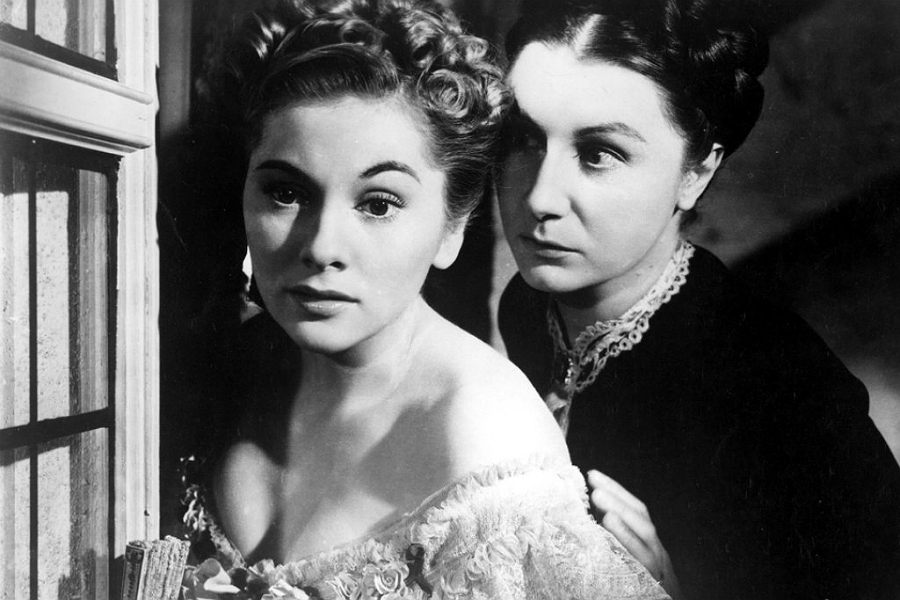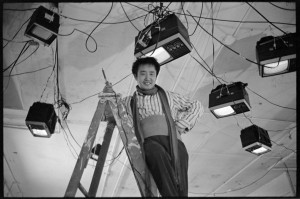Rebecca – Previewed

Adam Scovell on Rebecca, and the dark symmetry between Alfred Hitchcock and Daphne Du Maurier…
The novels of Daphne Du Maurier share a natural cohesion to the cinematic virtues of Alfred Hitchcock. Both rely on creating that atmosphere where even the fantastical can come out of the most normal of scenes, while also creating a cloud of suspense over the unsuspecting viewer. Hitchcock adapted three of her novels successfully and his 1940 take on Rebecca is easily one of his most dramatic productions for David O. Selznick’s studio.
Rebecca follows the story of a shy and socially closed companion for an older, bourgeoisie lady as she travels around passing the time away. We’re instantly introduced to their relationship as one that is, shall we say less than a genuine friendship, with the reveal that she is a paid travelling companion. During a stay in Monte Carlo, the pair meet a handsome stranger in the form of Maxim de Winter and they fall in love.
If this is all sounding rather sickly, it is clearly a ruse of Hitchcock’s to make the viewer feel safe and unprepared for the shock twists that follow later on. Maxim has recently lost his wife in a boating accident which is all the talk of society and this knowledge begins to haunt the companion as she falls more and more in love with the chap of all chaps.
Laurence Olivier is a wonder as this dashing but troubled hero, and his delivery is no doubt helped by his immersion in Shakespeare giving his projection of lines a subtle power and menace. He helps maintain Hitchcock’s ruse that Rebecca is set to more closely resemble the likes of Casablanca than Vertigo, and is a solid screen presence. This is balanced by a performance of great subtlety from Joan Fontaine as she turns from shy assistant to paranoid lover.
By the end of the trip, Maxim has proposed, albeit off the cuff, and the two become man and wife and move back to de Winter’s estate by the sea in England. There are themes here covered in films such as Breakfast at Tiffany’s, where a young but lower class girl is swept off her feet by a lonely and rich gentleman but this again hides the paranoia to come.
The film really begins to build on its atmosphere when Fontaine’s new Mrs de Winter arrives at Maxim’s property. She finds a cold, empty house and an icy reception from the housekeepers. A dog sits permanently outside Rebecca’s room while Mrs de Winter sits at the end of a lengthy table to dinner reminiscent of the witty scenes from Citizen Kane, showing the love lost between two characters. However there’s already an unspoken distance between the characters, a distance created by the unattainable presence of Maxim’s deceased wife and the dinner table is just one of an number of elements that builds this pressure.
In many ways, Rebecca foreshadows the obsessive nature explored in Hitchcock’s Vertigo. However, the relationship is a gender reversal, where it is a woman who becomes more obsessed by an idea than a man. This adds an interesting element to the film, especially as her character is such a quiet and shy presence. It would be wrong to reveal the twists of the film, especially those of a Hitchcock film. However, it is a luscious adaptation that will be done wonders by a viewing on the big screen.
Rebecca screens Sunday the 23rd September 6pm @ FACT





